What Are Peptides and How Can They Benefit Your Skin?
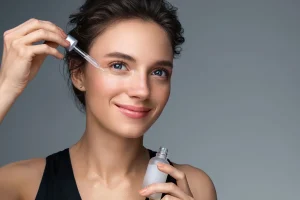
Keeping the skin immaculate, without any wrinkles takes a lot of effort. You may be wondering if there is an end to the list of ingredients that have recently been labeled “miracle”, “necessary”, and “irreplaceable”.
Each of them makes new big promises, many fulfill a lot (if not all, as no serum will take ten years off anyone’s face in three weeks). Sometimes it’s very difficult to control your desire to buy everything that has a good advertisement, but before that step, it’s important to understand what it’s really about.
By now, you must have heard the word “peptides” countless times. They are claimed to have the power to smooth, renew and hydrate the skin. They are offered to us as an addition to practically every type of care product. But what exactly are they?
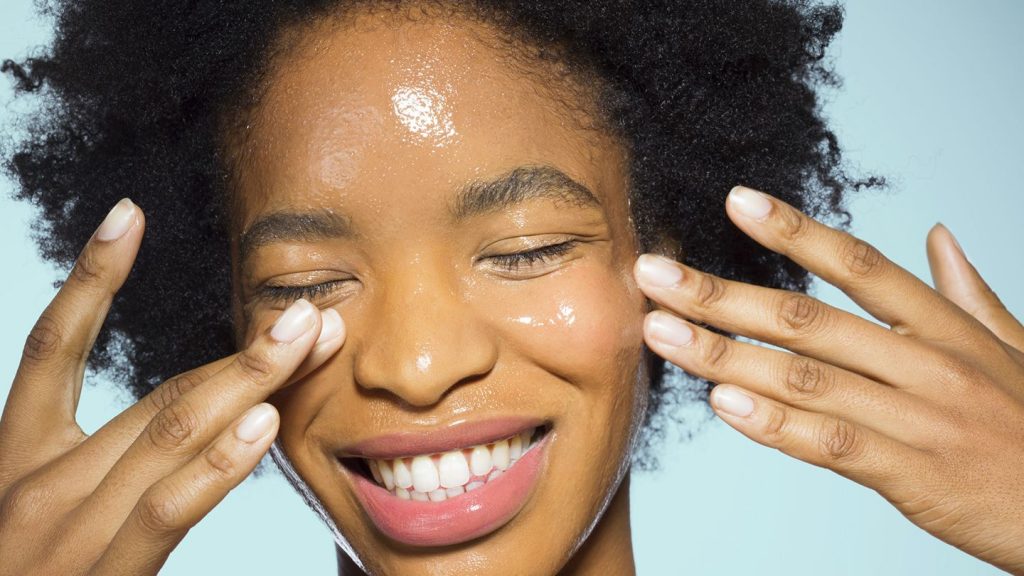
Source: everydayhealth.com
In the most basic sense, they are the building blocks of proteins. When amino acids are joined in a chain, that chain is called an amino peptide, and when they are connected, the basis for all proteins is obtained.
The most famous protein when it comes to skincare is collagen, and you probably know about it from the well-known equation: less collagen = more wrinkles, brittle nails, and brittle hair.
People use it in creams, drink it, and consume it in all kinds of ways. In addition to building collagen, peptides also build elastin, which gives the skin firmness and elasticity.
Since they are being a necessary part of the structure and function of the skin, they are found in every cell in our body and have a whole range of roles – from being components for building enzymes and hormones to being a source of energy. Such a powerful substance they are.
What role do they have in skincare?
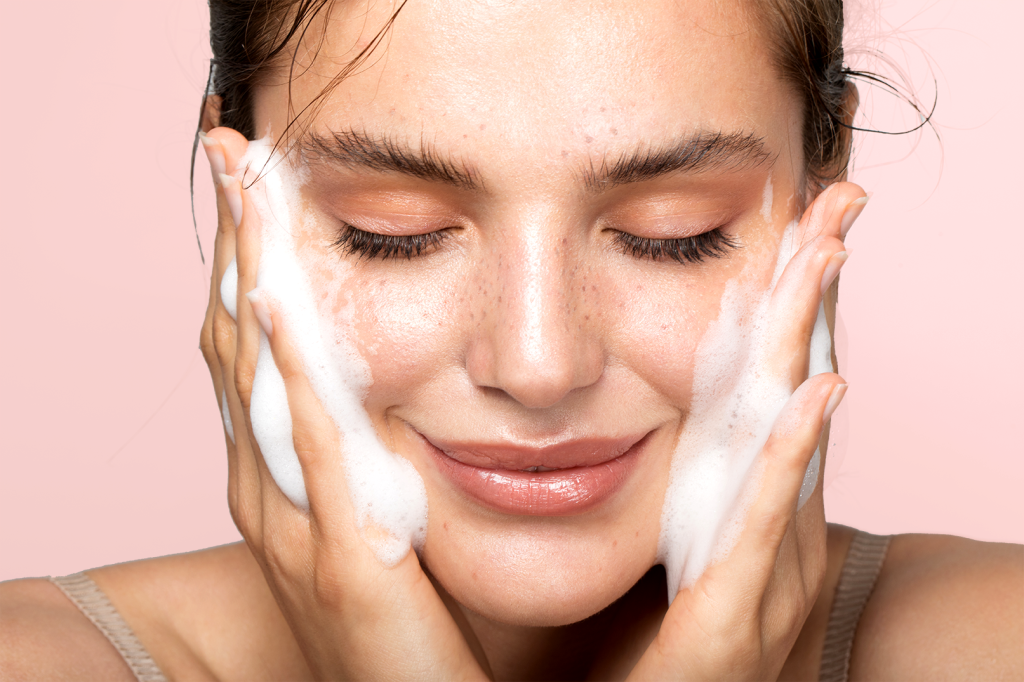
Source: goodhousekeeping.com
Ok, you ask yourself, if we already have so many in our bodies, why do we need more? The answer is simple: after the age of thirty, we lose about 1% of our collagen each year, and the natural channels of cellular communication also slow down as we age.
When we apply peptides to the skin, the body perceives them as a signal that it needs to heal, that is, to make more collagen. So, they “trick” the skin into thinking it’s hurt in order to start the self-healing process. Sounds simple, huh?
However, things are not quite that simple as not all forms of this precious substance are created equal. Some are more effective for applying to the skin than others, but not all of them do the same things.
Signal-transmitting tells the skin to produce more collagen, elastin, and other proteins, and neurotransmitter peptides (which have a reputation for being similar to Botox) block the release of chemicals that cause muscles to contract, thus preventing and smoothing out wrinkles. So, if you’re aiming for the right substance in order to reduce aging, go for BiotechPeptides.
How to use them?
Two things are crucial for the good usability of any skincare ingredients: the stability of the active ingredient and its ability to pass through the skin’s protective barrier. In the case of peptides, it’s best to opt for products that don’t wash off the skin (that’s why cleansers are a waste of steam) such as creams, serums, or creams for the eye area.
The best type of peptides for topical use are copper peptides. The most effective products are those that also contain niacinamide, vitamin C, and antioxidants. When you find the serum or cream that suits you best, use it morning and night on clean skin. You can get them through all kinds of collagen-rich foods – such as bone broth or supplements.
So, many of you reading this article are probably wondering how come they’ve never heard of these earlier?
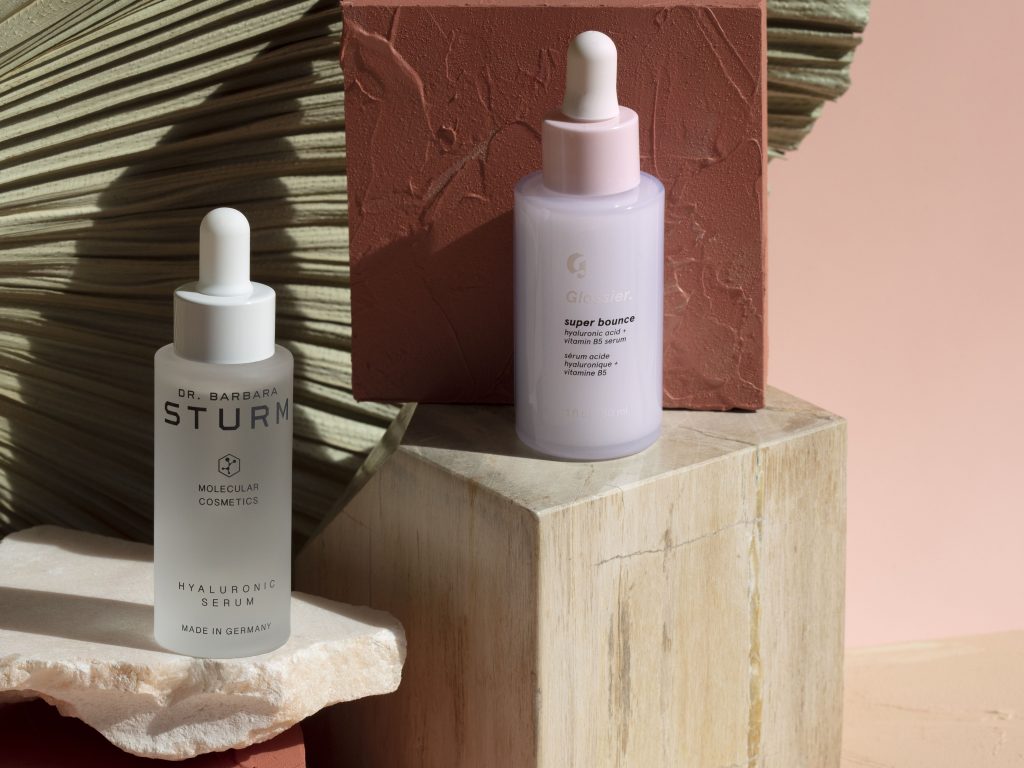
Source: byrdie.com
When we talk about skin rejuvenation, aging, and wrinkles, we usually first think of products with hyaluronic acid. Totally logical, right? It is one of the best ingredients you can use to preserve your youth. And the most advertised, so you must know all about it.
However, because of these very popular (and no doubt good) ingredients in cosmetic products, some of them have been completely sidelined and forgotten. This is exactly the case with facial peptides.
It was not common for them to be the central ingredient of a cosmetic product until recently. We know this because you usually notice them in the middle or near the end of the ingredient list, not at the beginning. This injustice towards them is now being corrected by numerous companies around the world because they recognize the important effect they have on our skin.
What effect do they have on the skin?
They have the ability to communicate with our cells, as was previously mentioned, and influence the freezing of the facial muscles. Since frozen, it cannot move, and it becomes more elastic. So, the effect is similar to the one Botox has.
As was mentioned earlier in the text, when the skin receives its dose of amino acids, its cells receive help, but also a signal to start producing slightly larger amounts of collagen.
Although this process takes place spontaneously, from time to time it is necessary to help the skin to speed up this process and compensate for what was missed, provided that we notice that it works more slowly.
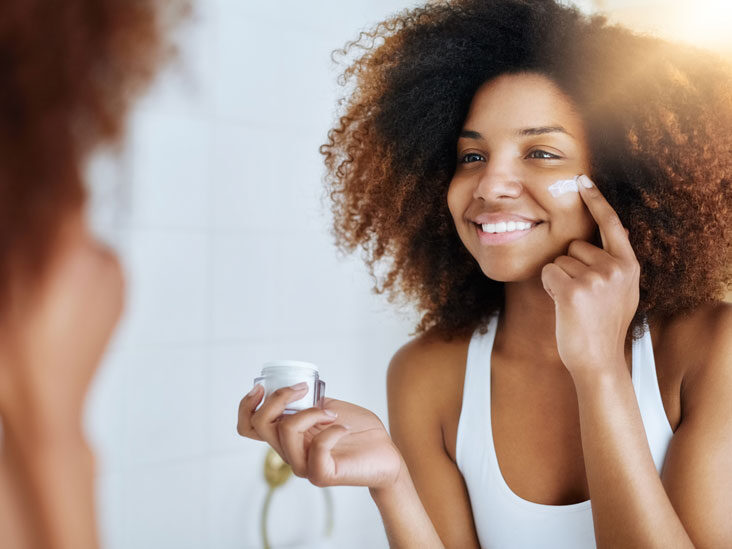
Source: healthline.com
Another super useful effect they have is the removal of the dark spots which usually appear as a sign of old age. And, the fact that they have a role in controlling excessive sebum production, should not be forgotten.
So, we can sum up and say that it influences the skin to be more tightened and elastic, with fewer dark spots and sebum.
When it comes to facial care, things are very clear. Peptides are a good and useful thing for the face. This is confirmed by numerous experiences of women who have been using them for years.
By including a cream, serum, or mask with this ingredient in your daily facial skin care, you help the skin to be shiny, tight, and smooth.
